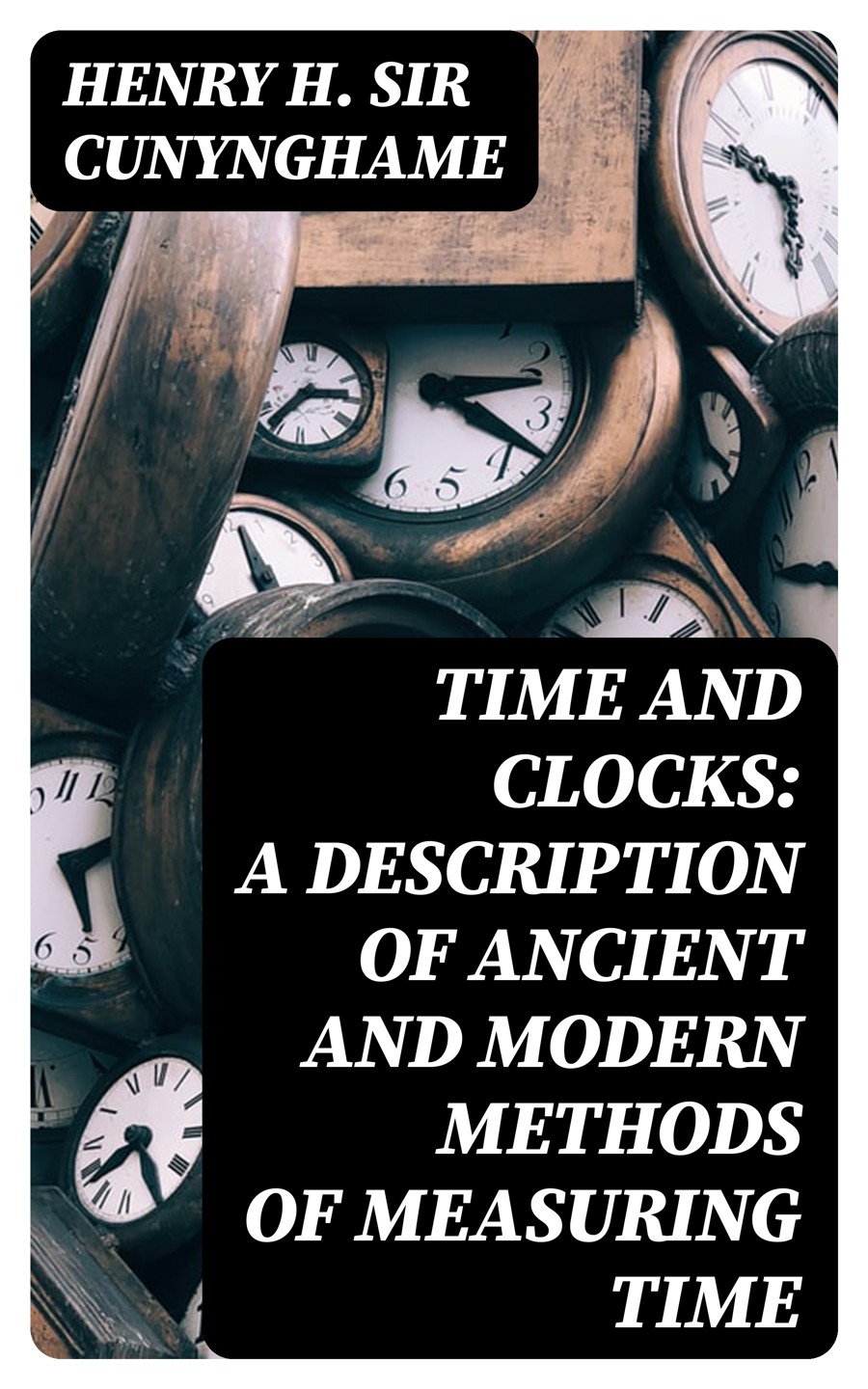

Most ebook files are in PDF format, so you can easily read them using various software such as Foxit Reader or directly on the Google Chrome browser.
Some ebook files are released by publishers in other formats such as .awz, .mobi, .epub, .fb2, etc. You may need to install specific software to read these formats on mobile/PC, such as Calibre.
Please read the tutorial at this link: https://ebookbell.com/faq
We offer FREE conversion to the popular formats you request; however, this may take some time. Therefore, right after payment, please email us, and we will try to provide the service as quickly as possible.
For some exceptional file formats or broken links (if any), please refrain from opening any disputes. Instead, email us first, and we will try to assist within a maximum of 6 hours.
EbookBell Team

4.8
104 reviewsWhen we read the works of Homer, or Virgil, or Plato, or turn to the later productions of Dante, of Shakespeare, of Milton, and the host of writers and poets who have done so much to instruct and amuse us, and to make our lives good and agreeable, we are apt to look with some disappointment upon present times. And when we turn to the field of art and compare Greek statues and Gothic or Renaissance architecture with our modern efforts, we must feel bound to admit our inferiority to our ancestors. And this leads us perhaps to question whether our age is the equal of those which have gone before, or whether the human intellect is not on the decline.
This feeling, however, proceeds from a failure to remember that each age of the world has its peculiar points of strength, as well as of weakness. During one period that self-denying patriotism and zeal for the common good will be developing, which is necessary for the formation of society. During another, the study of the principles of morality and religion will be in the ascendant. During another the arts will take the lead; during another, poetry, tragedy, and lyric poetry and prose will be cultivated; during another, music will take its turn, and out of rude peasant songs will evolve the harmony of the opera.
To our age is reserved the glory of being easily the foremost in scientific discovery. Future ages may despise our literature, surpass us in poetry, complain that in philosophy we have done nothing, and even deride and forget our music; but they will only be able to look back with admiration on the band of scientific thinkers who in the seventeenth century reduced to a system the laws that govern the motions of worlds no less than those of atoms, and who in the eighteenth and nineteenth founded the sciences of chemistry, electricity, sound, heat, light, and who gave to mankind the steam-engine, the telegraph, railways, the methods of making huge structures of iron, the dynamo,
…